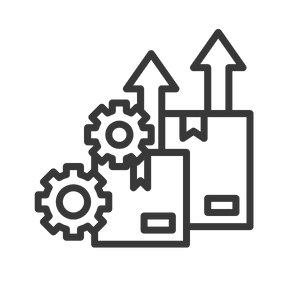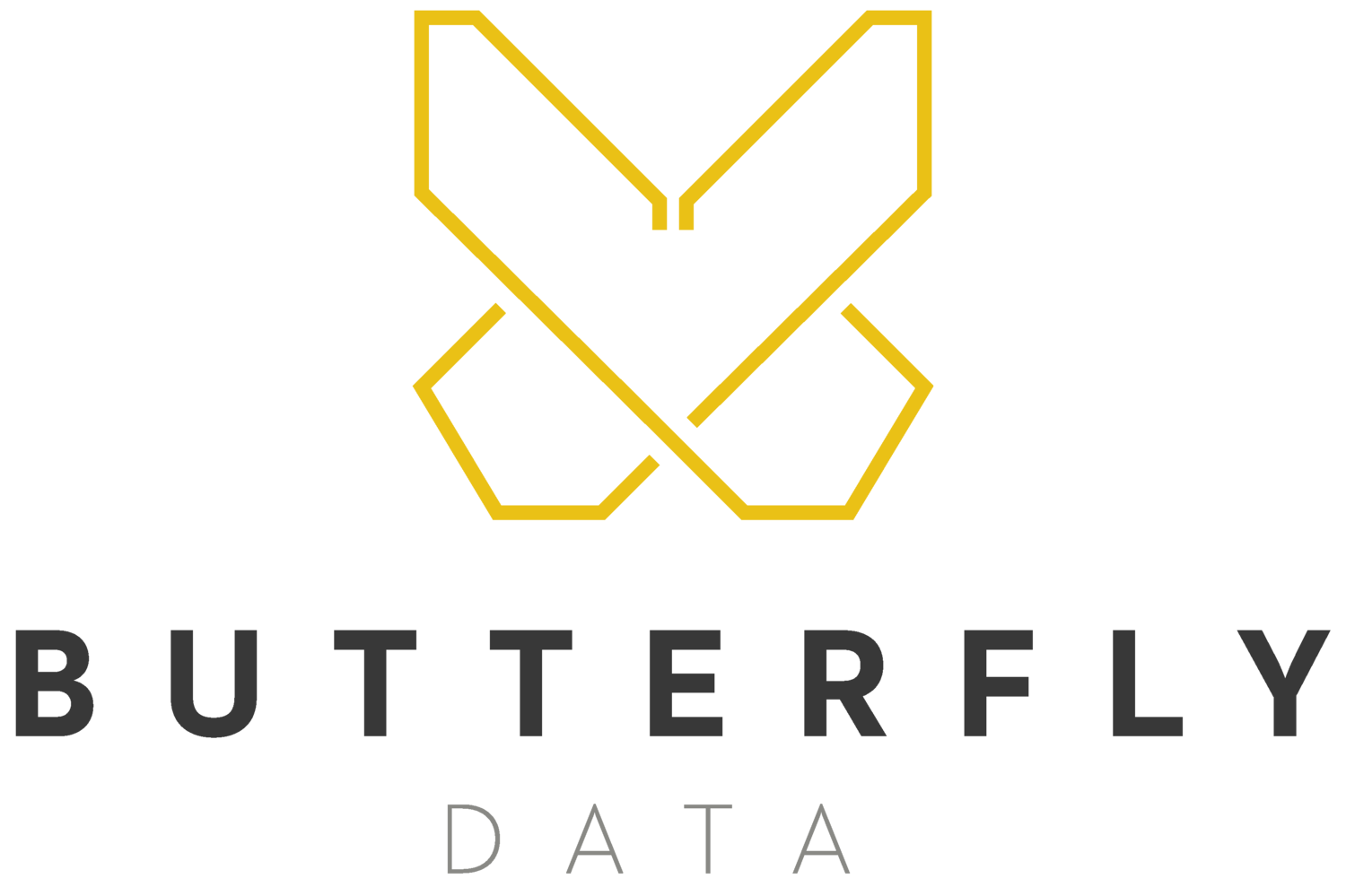
Data Science
-
Data science is the field of extracting valuable information from data using advanced analytical approaches that combine mathematics, artificial intelligence, machine learning, and scientific concepts. Data science helps businesses to develop business plans and strategies based on an in-depth examination of consumer behaviour, industry trends, and competition. Without it, organisations risk missing out on opportunities and making poorly-informed judgments. Data science is also important in domains other than typical business operations; its application in healthcare, for example, include medical condition diagnosis, image analysis, treatment planning, and medical research. Academic institutions employ data science practices to assess and enhance student performance. Predictive analytics is intrinsic to the performance of driverless vehicles, thousands of small cameras and sensors around the body of a vehicle convey data in real-time, and this data is processed immediately to deliver meaningful insights. Self-driving cars can adjust to speed restrictions, avoid risky lane changes, and even drive passengers on the shortest route by using data science.
-
A data scientist is someone who performs data science, often to reveal insights and facilitate the decision making process through the power of analytics. A data scientist solves complicated data issues, dealing with a variety of mathematical, statistical, and computer science problems.
The definition of a scientist is someone who systematically gathers and uses research and evidence, to make hypotheses and test them, to gain and share understanding and knowledge. A data scientist has a very similar definition. Large volumes of data are required for a data scientist to build hypotheses, make conclusions, and assess consumer and market trends. Finding patterns and trends in information to reveal insights is one of the basic outputs. Data scientists are able to develop algorithms and data models for forecasting outcomes. They utilise machine learning approaches to increase the quality of data or product offerings by adopting various data analysis technologies such as Python, R, SAS, or SQL.
Benefits and values generated
-

Maximise Return on Investments
-

Data-Driven Decision Making
-

Observing & Building User Journeys
-

Reduction in Churn Rate
-

Identifying more Business Opportunities
-

Filtering to specific audiences
-

Increase Productivity
-

Accelerate Outcomes Responsibly
Data Science related services
-
Deep learning is used because the structure of artificial neural networks includes several input, output, and hidden layers. Each layer comprises units that convert input data into information that the subsequent layer may utilise to perform a specific prediction job. A machine may learn through its own data processing thanks to this framework.
Machine learning, on the other hand, is a subset of artificial intelligence that employs techniques (such as deep learning) that allow machines to utilise experience to better at tasks. The following steps comprise the learning process:
1. Pass data via an algorithm
2. Train a model using this data.
3. Run the model through its paces and deploy it.
4. Make use of the deployed model to perform an automated predictive task.
-
Data management is the discipline of acquiring, storing, and utilising data in a secure, efficient, and cost-effective manner. The objective is to assist individuals and organisations in optimising the use of data within the constraints of policy and legislation so that they can make decisions and conduct actions that maximise the organization's benefit. It also aids in the transformation of your business. Our team has the skills and ability to transition your company from on-premise services to a bright, prosperous future in the cloud.
-
The Computer Vision service is an artificial intelligence (AI) sector that allows software developers to construct intelligent solutions that extract information from photos, videos, and other visual inputs — and then act or make suggestions based on that knowledge. If artificial intelligence allows computers to think, computer vision allows them to see, watch, and comprehend. It requires a large amount of data and repeatedly executes data analysis until it detects distinctions and, eventually, recognises pictures. To teach a computer to detect automotive tyres, for example, massive amounts of tyre photos and tyre-related materials must be given into it in order for it to understand the distinctions and recognise a tyre, especially one with no defects.
-
Natural language processing (NLP) is used to educate and lead machines to analyse unstructured text at a scale and pace that humans cannot match (for eg social media data). As a result, people can focus on strategic, higher-level jobs that machines cannot accomplish, such as reasoning, recognising effect, and implementing an action plan. Augment human efforts to analyse unstructured text with AI using a variety of modelling approaches.
-
Data has a story to tell, and data visualisation aids in efficiently communicating with complicated data, including big data. We help uncover trends in the data and translate the data into an intuitive and interactive dashboard. Our clients choose us because we help them make better decisions, combine data sets, and automate tedious operations. We allow for data discovery and self-service. Improve the quality and accuracy of their data, allowing for quicker and wiser decision-making by transforming the data into business intelligence dashboards suited to their specific needs. Our knowledge determines what steps must be taken to create improved dashboards and automate the entire process, minimising reliance on humans.
-
Forecasting is a data science approach that uses historical data to forecast future events. Forecasting is used in business to predict any trend or future occurrence, as well as to determine future demand for a product or service. Furthermore, when business decisions are made, it is critical to select the appropriate forecasting approach to meet the demands of the moment. This is something that our team can support.
Reach out to learn more about these services
Government
Healthcare
Policing
Defence
Finance












